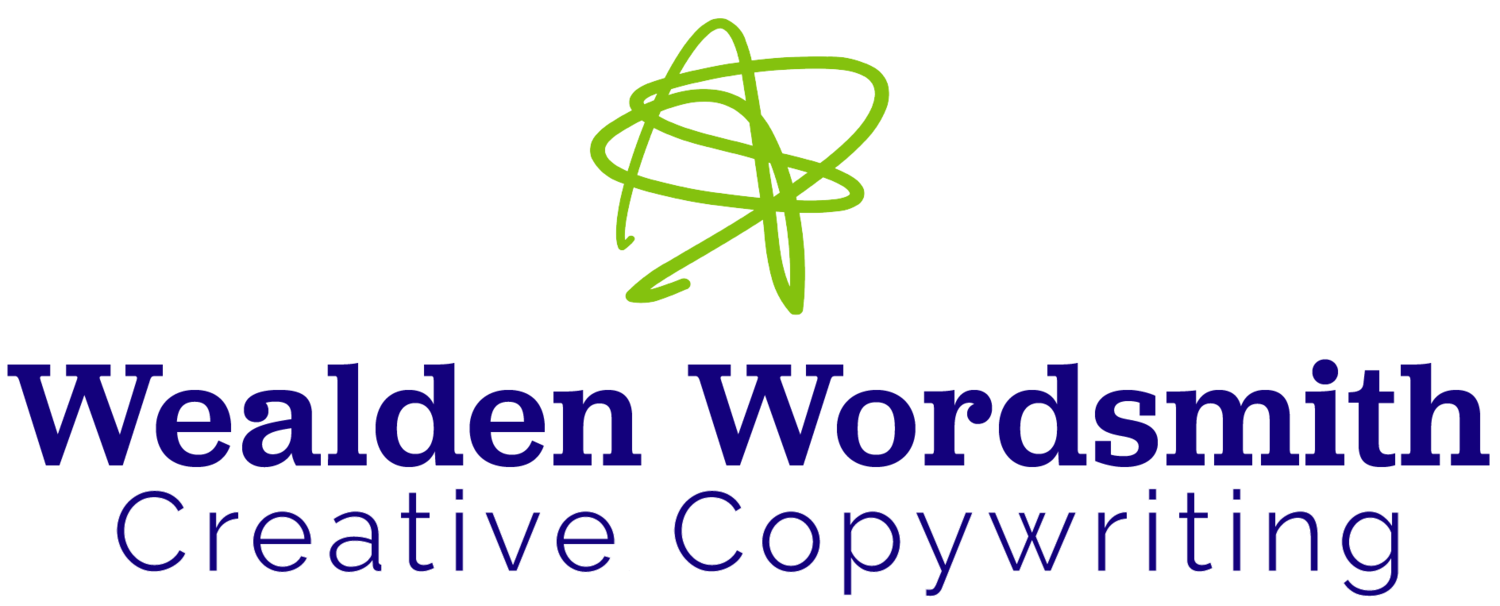Our House Is on Fire
Photo by Hello I'm Nik 🇬🇧 on Unsplash
“One of the first conditions of happiness,” wrote Leo Tolstoy, “is that the link between man and nature shall not be broken.” Yet this is precisely what has happened. We face an unprecedented climate and ecological emergency. We have pushed the planet’s ecosystems beyond their capacity to support life. We are in the middle of a mass extinction of our own making.
The time to act is now.
But we face deep-seated resistance from an economic system, and its political agents, wedded to the profits generated by the remorseless exploitation and consumption of limited resources on a finite planet.
The poetry of the earth is never dead
What is encouraging is that this existential crisis is generating a growing sense, particularly amongst younger people, that the future of our planet requires profound changes in the way we exercise power.
It can, of course, all feel overwhelming. The complexity of the multiple crises we face – spanning biodiversity loss, extreme weather patterns, a rise in sea levels, desertification, wildfires, crop failures, the displacement of millions of people and an increased risk of wars and conflicts – is difficult to take in. This can result in denial and a sense of impotence.
One way to approach this challenge is to look at the power of fable. Fables offer a way of coping with complex moral issues. They help us give meaning to reality. And can be used as a metaphor to illustrate difficult political and social problems.
The mouse and the mountain
The Italian political theorist and activist, Antonio Gramsci, understood this well. Imprisoned by the Fascists for his beliefs, in 1931 he wrote a letter to his two children, relating the story of “The Mouse and the Mountain”. Based on a traditional tale he recalled from his Sardinian upbringing, it feels even more relevant today.
A child is asleep with a glass of milk beside his bed. A mouse drinks the milk. The child wakes up and, finding the glass empty, cries out.
So, the mouse goes to the goat to ask for some milk. The goat has no milk, because he needs grass. The mouse goes to the field, and the field has no grass because it is parched.
The mouse goes to the well but the well has no water because it needs repairing. So, the mouse goes to the mason who hasn’t got the right stones.
Then the mouse goes to the mountain. The mountain isn’t interested. It looks like a skeleton because it has lost its trees. But the mouse persists and explains the whole story to the mountain.
In exchange for your stones, the mouse says, the child, when he grows up, will plant chestnut, oaks and pines on your slopes. The mountain agrees to provide the stones. Later the child has so much milk, he washes in it!
Later still, when the child becomes a man, he plants the trees, and everything is reborn. The erosion stops, the rain becomes regular, the trees retain the water and prevent the streams from destroying the fields. And the land becomes fertile again.
Everything is connected to everything else
“The Mouse and the Mountain” is a simple but profound story which teaches us that everything is connected. Exploitation of the environment for profit devastates nature, creating drought and suffering. But this isn’t irreversible. Working together, recognising the needs of others and respecting the natural world generates a more just and peaceful society. And benefits everyone in the long run.
An understanding of ecology requires us to take a holistic view of the world. It forces us to look at the relationship between the natural environment and the human, built environment. Fables like this can teach us much.
Storytelling helps us create communities of readers and listeners where cooperation becomes possible. It helps us understand complex realities and bridge the gap between theory and practice.
We need to learn to connect the dots. And fight for a new form of politics. Which recognises the intrinsic link between environmental degradation, war and social injustice. As Henry David Thoreau said, “What’s the use of a fine house if you haven’t got a tolerable planet to put it on.”
We can transform society by working collectively to reconfigure our relationship with the natural world. But we need to do it now.
I’ll leave the final words to the indomitable Greta Thunberg. In a speech to the World Economic Forum in January 2019, she said, “I want you to act as you would in a crisis. I want you to act as if our house is on fire. Because it is.”
Photo by Hello I'm Nik 🇬🇧 on Unsplash

